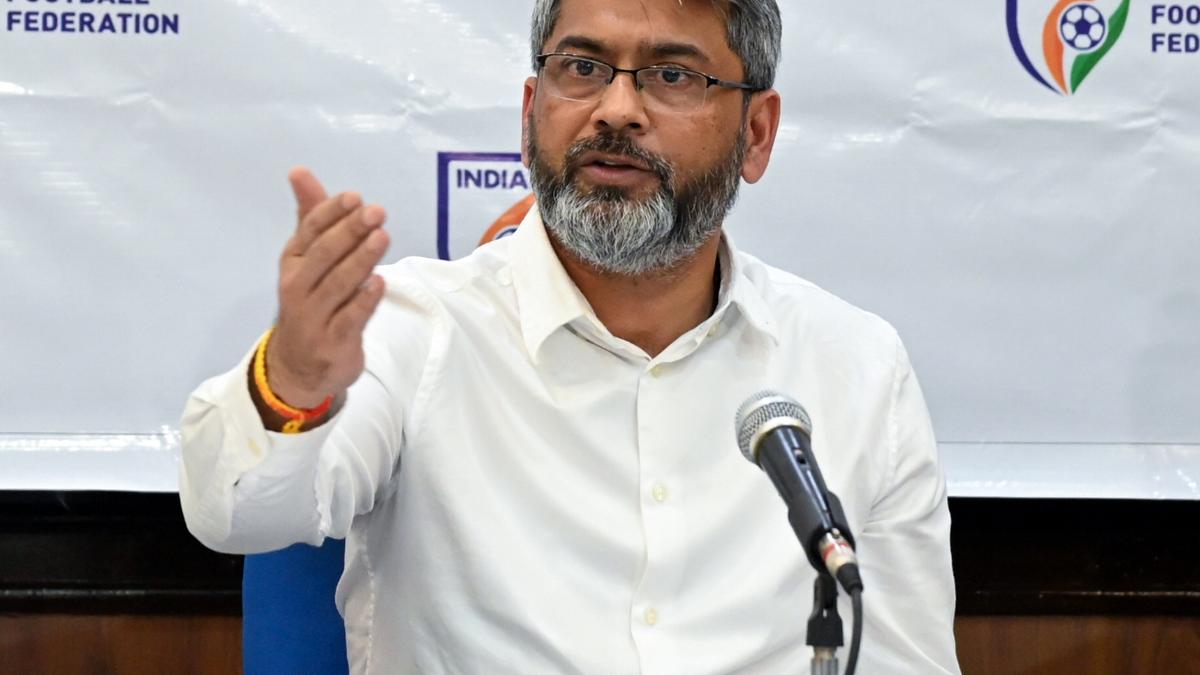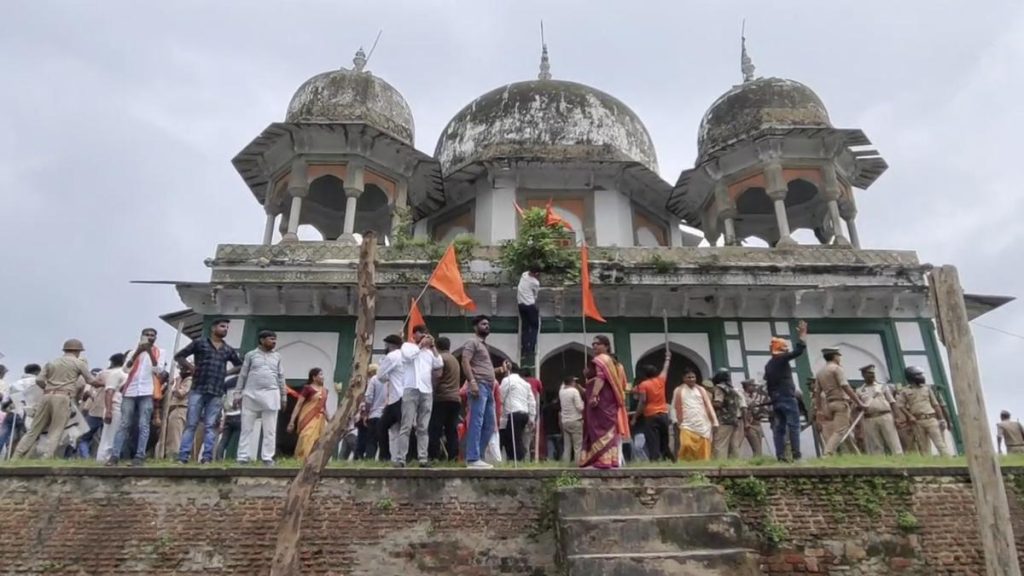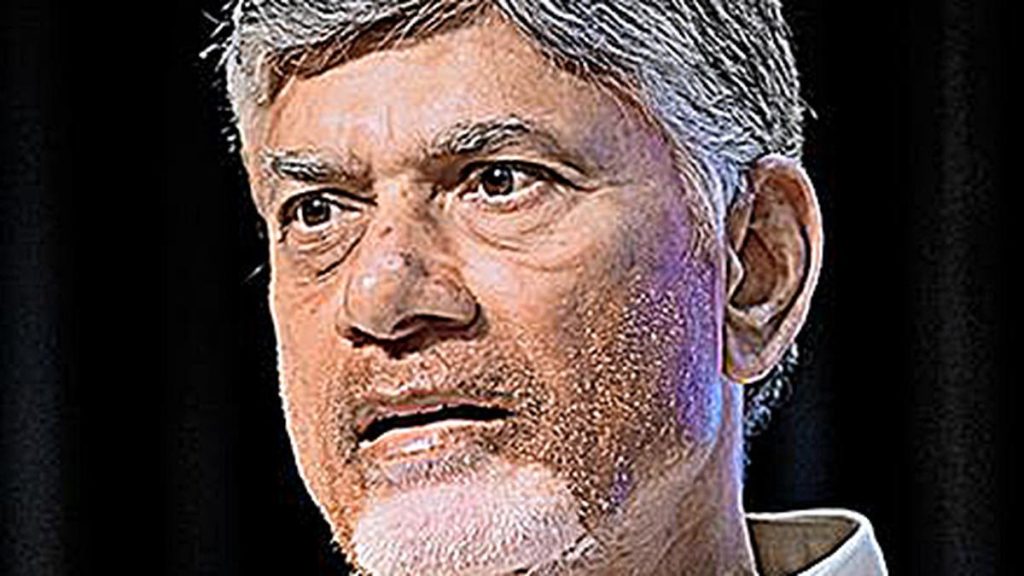Now Reading: FIFA Rankings Dip Linked to System’s Complexity, Says Kalyan Chaubey
-
01
FIFA Rankings Dip Linked to System’s Complexity, Says Kalyan Chaubey
FIFA Rankings Dip Linked to System’s Complexity, Says Kalyan Chaubey

Quick Summary
- AIFF President Kalyan chaubey attributed India’s drop to 133rd in FIFA rankings, its lowest in nine years, to the ranking system’s complex nature based on the Elo Model.
- India had climbed to 99th position in July 2023 after winning three tournaments but slipped considerably after losses during the AFC Asian Cup and subsequent matches.
- In january 2024, India lost to higher-ranked teams like Australia, Uzbekistan, and Syria. Post-tournament results included one win, six draws, and five losses over a total of twelve matches.
- Chaubey highlighted historical context: India’s FIFA rank was initially 143 in December 1992. It dropped as low as 173 (2015) but peaked at its best-ever rank of 94 in February 1996.
- While club football has seen significant growth through leagues like ISL and investments by prominent corporations since its inception in 2014, it hasn’t translated into improved national team performance or rankings.
- Moving forward,he suggested two paths-greater youth progress investment for U17 World Cup qualification or governmental adjustments allowing naturalised players to join the national squad with OCI/PIO inclusivity.
Indian Opinion Analysis
India’s decline from a high of rank #99 (2023) back to #133 highlights systemic gaps that persist despite steady growth at the club level through private investments like ISL.While structural advancements have benefited domestic football infrastructure and provided heightened viewership opportunities locally and abroad, their limited trickle-down effect on national team performance suggests an imbalance between grassroots development needs and professional league aspirations.
AIFF’s dual suggestion-prioritizing youth programs for long-term improvement while also exploring policy changes regarding naturalised player eligibility-is pragmatic but requires consensus-driven collaboration across stakeholders. Youth-focused investments could build local talent pipelines essential for lasting competitiveness globally. However, policy amendments permitting eligible PIO/OCI players might act as a short-term catalyst for better international results until local talent matures.
Read More
Link not provided; refer directly back via source text provided above.

























